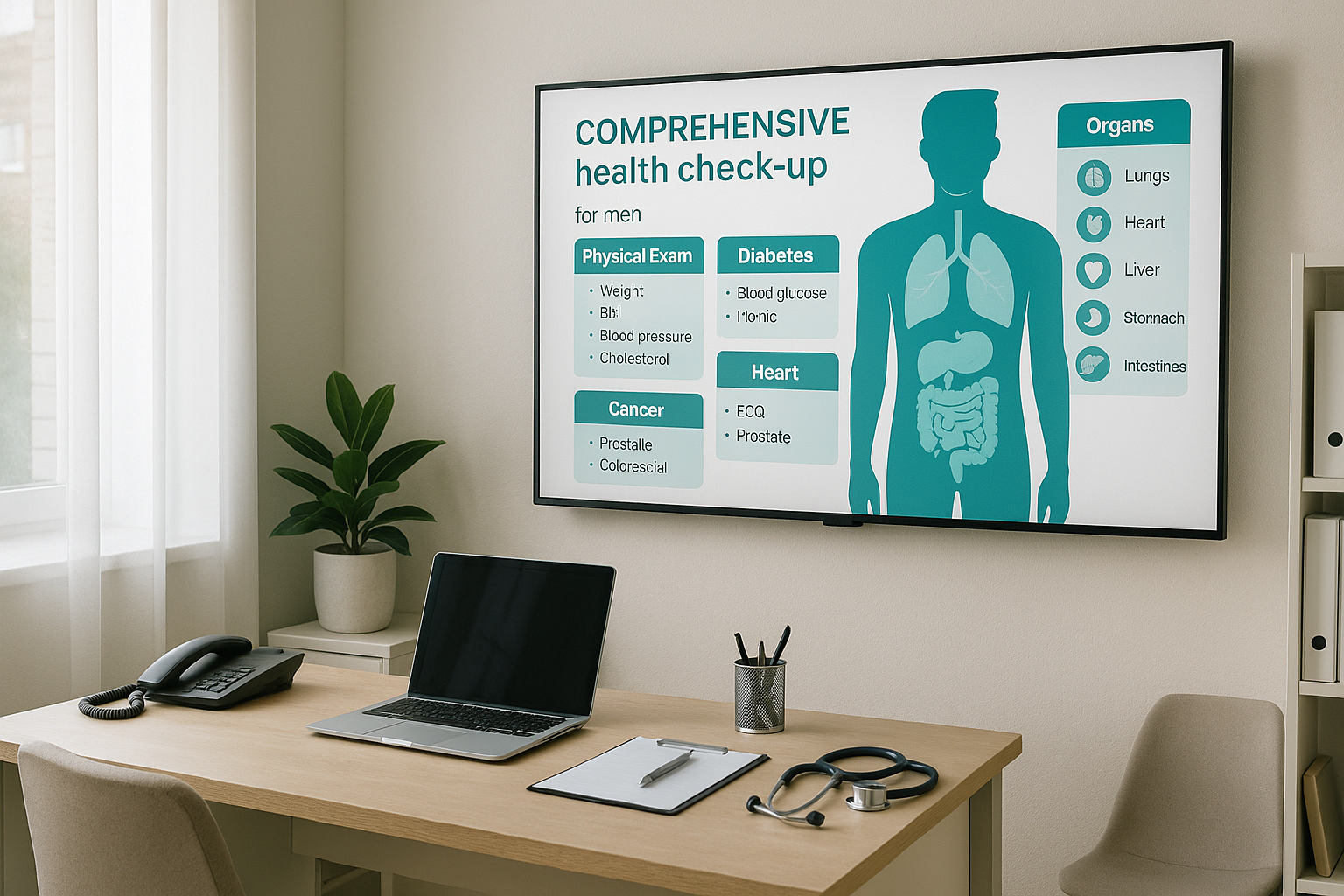Full Health Check Secrets Every Man Needs Now
Your health is your wealth, and understanding the full spectrum of health check secrets available to you can unlock a wealth of opportunities for a longer, healthier life—browse options, search options, and see these options to empower your wellness journey today.
The Importance of Comprehensive Health Checks
A full health check is an essential tool for maintaining your well-being, especially as you age. These checks provide a detailed overview of your health status, encompassing everything from blood pressure and cholesterol levels to more complex markers like hormone balance and organ function. By identifying potential health risks early on, comprehensive health checks can help you take proactive measures to prevent serious conditions such as heart disease, diabetes, and cancer.
According to the Centers for Disease Control and Prevention (CDC), regular health screenings can lead to early detection and treatment of diseases, significantly improving health outcomes1. This proactive approach not only enhances your quality of life but can also reduce healthcare costs in the long run by catching issues before they become more severe and expensive to treat.
Key Components of a Full Health Check
A comprehensive health check typically includes several key components designed to give you a complete picture of your health. These components often include:
- Blood Tests: These tests measure levels of various substances in your blood, including glucose, cholesterol, and triglycerides, to assess your risk for heart disease and diabetes.
- Blood Pressure Measurement: High blood pressure is a significant risk factor for heart disease and stroke, making regular monitoring crucial.
- Body Mass Index (BMI): This measurement helps determine if you are at a healthy weight for your height, which can affect your risk for various diseases.
- Screenings for Specific Cancers: Depending on your age and risk factors, screenings for prostate, colorectal, and skin cancers may be recommended.
- Heart Health Assessment: This may include an electrocardiogram (ECG) or stress test to evaluate your heart's function.
These components are crucial for detecting underlying health issues that may not present obvious symptoms. For example, high cholesterol often has no symptoms but can lead to serious cardiovascular problems if left unchecked.
